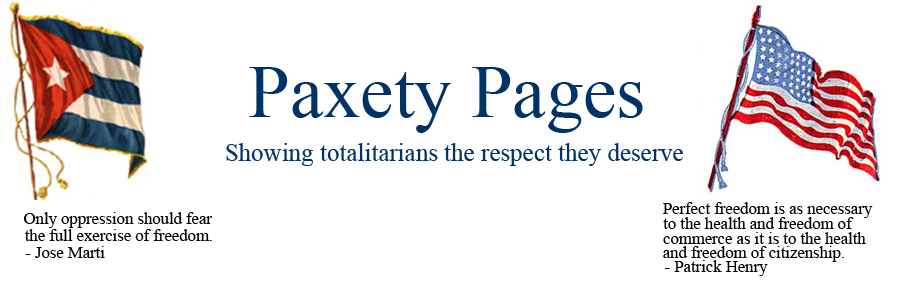 The mainstream media is excited today about a Florida International University poll it claims shows Miami Cubans now want to end the embargo. Typical of the reports is The Voice of America which says 55% oppose continuing the embargo.
The mainstream media is excited today about a Florida International University poll it claims shows Miami Cubans now want to end the embargo. Typical of the reports is The Voice of America which says 55% oppose continuing the embargo.
Hugh Gladwin is director of the university’s Institute for Public Opinion Research, which conducts the poll.
“The biggest factor in the changing position on the embargo is the number of younger people who arrived more recently from Cuba has been increasing. And the number of people who arrived in the 1960s has been decreasing,” he said.
However, the BBC gives us another possible analysis, while still headlining the article as Miami Cubans ‘oppose US embargo’ – with the quotes in the headline. It’s become far too common for the body of a story to give a different view than the headline, and this is one of those cases. According to the article body, Miami Cubans seem to be concerned about money transfers and travel – something that has always been in controversy.
At least 65% of those questioned said they favoured dropping restrictions on money transfers and travel, and re-establishing dialogue and diplomatic relations.
The embargo encompasses much more and has a lot of loopholes. For instance, the United States is now the leading supplier of food and medicine to Cuba. The embargo requires that Cuba pay cash up front before the goods are shipped, and that requirement has many states and farmers upset.
Once again, we see the media jumping to conclusions about a story.
